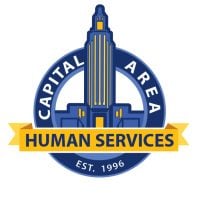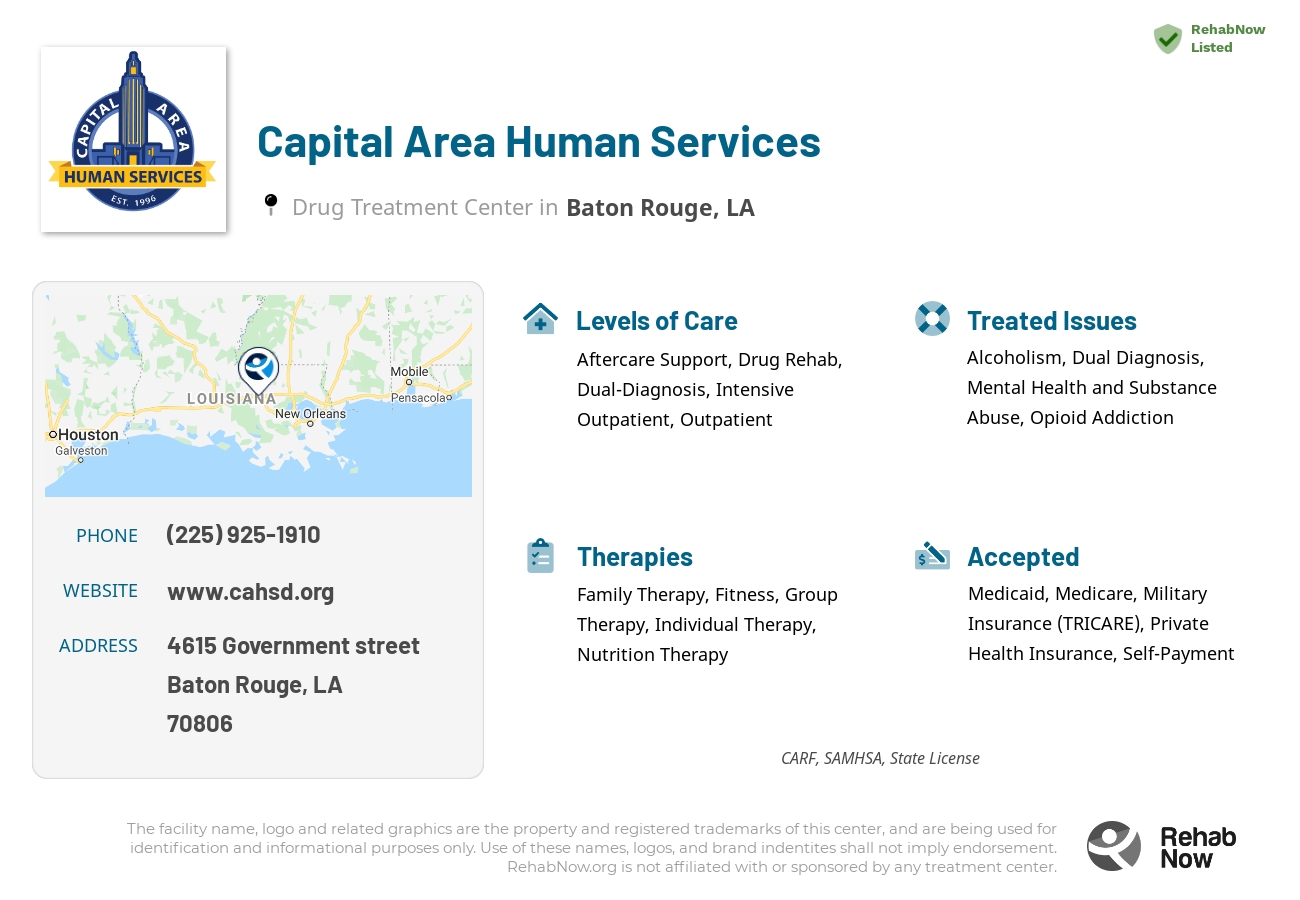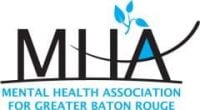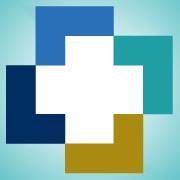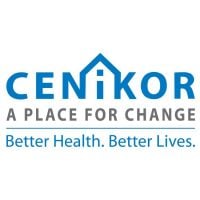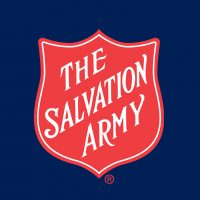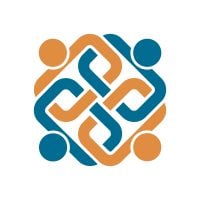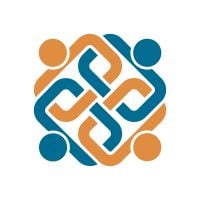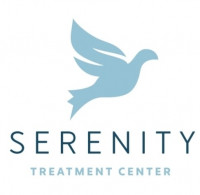Capital Area Human Services
Drug Rehab Center in Baton Rouge, Louisiana
Capital Area Human Services is a mental and behavioral health treatment center in Baton Rouge that provides evidence-based and individualized addiction and substance abuse treatment, offering a comprehensive range of therapies and tailored treatment plans.
About This Louisiana Facility
Capital Area Human Services (CAHS) is a mental and behavioral health treatment center located in Baton Rouge, Louisiana. This vital facility provides a range of healthcare services to those in need of treatment, including those who have been affected by addiction and substance abuse. CAHS offers qualified and highly trained therapists, counselors, and psychiatrists who are dedicated to providing compassionate, evidence-based and individualized treatment.
At CAHS, they provide treatment and resources to individuals who are struggling with addiction and/or substance abuse. They take a holistic approach and utilize various therapeutic techniques to treat the whole person, such as cognitive behavioral therapy, acceptance and commitment therapy, family therapy, and much more. They offer tailored treatment plans that are designed for each individual and their specific needs, helping them to work towards the goals and objectives of their recovery. They also provide patients with the skills and resources to maintain lasting sobriety and successfully manage the impact of addiction.
CAHS is fully accredited by the Joint Commission and is licensed by the Louisiana State Board of Social Work Examiners. They have been a recipient of the Excellence in Mental Health Care Award from The Joint Commission in 2018. CAHS stands out from other addiction treatment centers in Baton Rouge due to the comprehensive range of services and treatments they provide. They offer group, individual, couples and family therapy and they also have psychiatrists who specialize in medication management. Residential services are also available, along with alumni support groups and aftercare services, helping those in recovery build a strong support system of individuals going through similar experiences.
Genders
Ages
Modality
Additional
Accreditations
State License
SAMHSA

CARF
The Commission on Accreditation of Rehabilitation Facilities (CARF) is a non-profit organization that specifically accredits rehab organizations. Founded in 1966, CARF's, mission is to help service providers like rehab facilities maintain high standards of care.
Conditions and Issues Treated
Opioid addiction treatment should be done in a medically supervised drug rehab. Opioid addiction treatment will include detoxification and drug rehab counseling to help both the user and their loved ones learn how to live a successful sober lifestyle. Methadone, buprenorphine, and naltrexone are three medications that can help treat opioid addiction. Individual drug rehab counseling sessions can be helpful to discuss any questions or concerns with the drug treatment program.
When addiction and psychiatric issues co-occur, the addict’s recovery is more successful when both conditions are treated. A dual diagnosis refers to a condition in which the patient is diagnosed with two health issues: addiction and bipolar disorder.
Usually, dual diagnosis sufferers are prescribed a combination of treatments for each condition. The most common therapies are psychotherapy, behavioral therapy, spiritual counseling, 12-step programs, and medication management.
Psychiatric conditions are an obstacle to recovery because they can create roadblocks to a healthy lifestyle. Drugs and alcohol may be used as a means of self-medication, which can have dangerous consequences. Over time, addicts build up a tolerance and suffer withdrawal symptoms when drug use is stopped.
With the proper treatment, dual diagnosis sufferers can overcome their conditions and achieve lasting sobriety.
Levels of Care Offered at Capital Area Human Services
This center offers a variety of custom treatment tailored to individual recovery. Currently available are Aftercare Support, Drug Rehab, Dual-Diagnosis, Intensive Outpatient, Outpatient, with additional therapies available as listed below.
The Intensive Outpatient Program at Capital Area Human Services is for those who need intensive care but would rather get it in the comfort of their own home. The treatment programs vary in duration and intensity and can be tailored to suit the individual’s needs. IOP helps the patient to live at home and gradually get back to their routine life.
Daily trips to the hospital that provides the treatment include intensive outpatient services (IOP). The patients gradually get back to their everyday lives. IOP benefits the most when the patients have a supportive family member or friend who can encourage them in their recovery.
Individuals struggling with drug addictions can get help from several treatment options, including inpatient and outpatient programs. Outpatient drug treatment programs can also provide patients with different levels of care, usually depending on the patient’s degree of addiction.
At an outpatient program in Baton Rouge, a patient will attend a recovery program during the day and return home in the evening. Suppose a patient is struggling with drug addiction. In that case, an outpatient program can serve as an effective transition point during the recovery process.
Aftercare is a part of drug rehabilitation. It is also known as “post-treatment support.” Aftercare programs are available for addicts after they complete drug rehab. It is often the final step in the recovery process. The goal of aftercare is to ensure that addicts maintain their achievements in rehab and do not relapse. Professionals generally provide aftercare (including addiction therapists, physicians, social workers, psychologists) and involve individual and group therapy sessions.
Therapies & Programs
Individual therapy is a critical component of addiction recovery. It allows the patients to go deep into their core issues and discover how to handle those problems better. Therapy can be conducted in individual sessions as well as group settings. In individual therapy for addiction, the patient meets with their therapist one-on-one to focus on the underlying issues. This allows patients to open up and discuss personal topics they may not feel comfortable discussing in a group setting. This type of therapy can help develop solutions specific to each patient, which helps speed up the recovery process.
Family therapy is a crucial part of drug treatment and getting sober. It is one of the most effective ways to help addicts stay on the path to long-term sobriety. When a drug addict decides that they want to try and get sober, it takes the support of every person they love to succeed. It can be incredibly difficult for loved ones to watch an addict go through the pain and suffering of withdrawal, but by being there with them and supporting them, they can help to make sure that the addiction never returns.
One of the most important parts of family therapy is the relapse prevention plan. During treatment, therapists and doctors will often sit down with the addict and their family to develop a plan in case the addict ever feels like they want to use again. This plan should involve steps the addict and family can take together to prevent them from relapsing in the future. An addict’s family can play a vital part in helping them to avoid relapse because they can spot the warning signs and help them get back on track before it becomes too much of a problem.
Group therapy helps prevent addicts from feeling isolated or unique in their situation by offering a sense of comfort and fellowship. It also creates a forum for addicts to build their support systems and learn from each other. The group therapy sessions at Capital Area Human Services occur in a group setting rather than one-on-one to create a safer, controlled environment where addicts feel comfortable.
Drug addiction can be a difficult thing to overcome, but with the help of nutrition therapy, it can become a little bit easier. Nutrition therapy provides addicts with the nutrients they need to recover both physically and mentally. This type of therapy also helps addicts to have more energy and strength to fight cravings. Most importantly, good nutrition helps to keep addicts strong against the physical symptoms of withdrawal.
Nicotine replacement therapies are effective because they provide you with the nicotine you are addicted to without inhaling carcinogens from cigarettes. Some types of NRT include nicotine gum, nicotine patches (transdermal systems), nasal spray, and lozenges. The benefits of using NRT can include reducing the risk of heart disease and cancer.
Patient Experience
Fitness Therapy
Opting for fitness therapy allows someone to get through their recovery while also rebuilding their body. They can do this by pairing it with nutritional therapy, which will help them feel better and make healthier choices from the start of rehab. This type of physical activity that they provide offers a solid connection between your mind and body, teaching how to create healthy life habits without an addiction involved at all.
Fitness Therapy comes in two types: psychotherapy combined with exercise or just exercise alone, where people learn about nutrition throughout the process. It’s most commonly used in rehabilitation programs offered by Capital Area Human Services.
Payment Options Accepted
For specific insurance or payment methods please contact us.
Is your insurance accepted?
Ask an expert, call (888) 674-0062
Gonzales Mental Health Center Associated Centers
Discover treatment facilities under the same provider.
- Gonzales Mental Health Center in Gonzales, LA
- Margaret Dumas Mental Health Center in Baton Rouge, LA
Learn More About Gonzales Mental Health Center Centers
Additional Details
Specifics, location, and helpful extra information.
Baton Rouge, Louisiana 70806 Phone Number(225) 925-1910 Meta DetailsUpdated November 25, 2023
Staff Verified
Patient Reviews
There are no reviews yet. Be the first one to write one.
Baton Rouge, Louisiana Addiction Information
Louisiana is one of the top ten states in the nation for opioid-related deaths. One in ten high school students admits to regularly using prescription opioids for non-medical purposes. More than 225,000 Louisiana residents admit to regular heavy drinking and around 6% of the Louisiana population abuses alcohol. Marijuana use in Louisiana is most common amongst teenagers between the ages of 12 and 17 years old.
Opioid overdoses are on the rise in Baton Rouge and throughout Louisiana. In 2019, opioid fatalities in Louisiana rose by 25%. In 2018, there were 1,140 drug overdose deaths in Louisiana; 40% involved opioids. Methamphetamine is involved in 20% of drug relapse treatment admissions in Baton Rouge, Louisiana. There are several drug treatment programs available through Baton Rouge including medication-assisted therapy and detoxification
Treatment in Nearby Cities
- Marrero, LA (72.8 mi.)
- Sulphur, LA (134.2 mi.)
- Ruston, LA (168.7 mi.)
- Broussard, LA (53.1 mi.)
- Abita Springs, LA (65.9 mi.)
Centers near Capital Area Human Services
The facility name, logo and brand are the property and registered trademarks of Capital Area Human Services, and are being used for identification and informational purposes only. Use of these names, logos and brands shall not imply endorsement. RehabNow.org is not affiliated with or sponsored by Capital Area Human Services.
